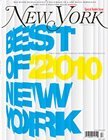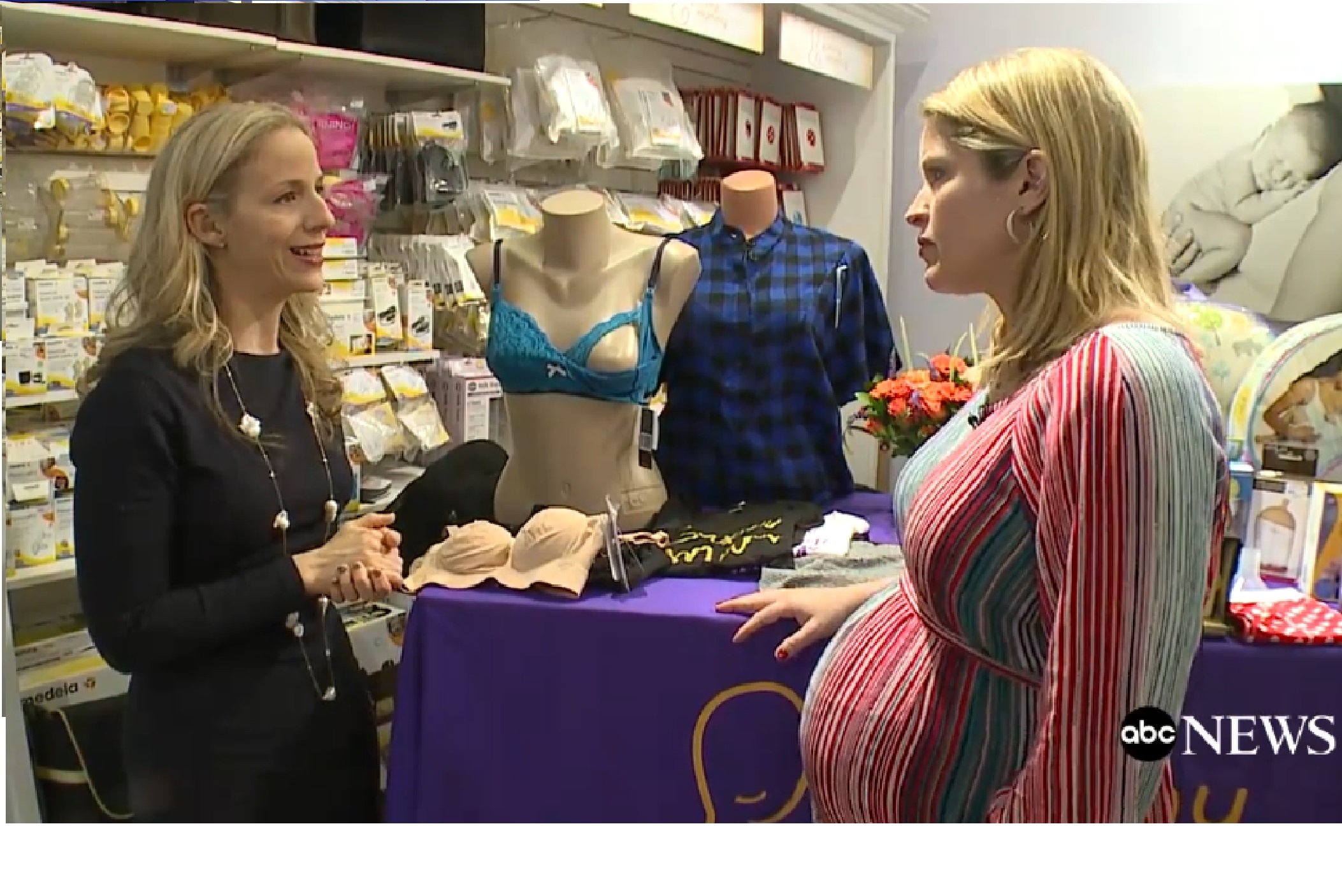Pumping and Bottle Feeding
- Mar 7, 2017
Boob Scoop: When a baby is getting a bottle of expressed breastmilk, it is encouraged that his mother pump at that same time to match her baby's demand. Oftentimes, the expressed breastmilk offered in the bottle is greater than the amount a baby would be receiving if he nursed. This increase in volume from the bottle can cause the baby to skip a feeding. A skipped feeding sends the body a message that the baby is feeding less which in turn may cause a mother's milk supply to dip.
Sharen Medrano, IBCLC (www.nycbreastfeeding.com)


 Sara Haines from ABC News stopped by Yummy Mummy to learn about the must have items for any new or expectant mom.
Sara Haines from ABC News stopped by Yummy Mummy to learn about the must have items for any new or expectant mom.


